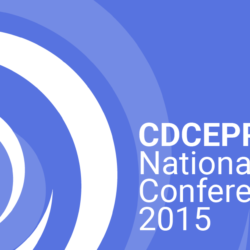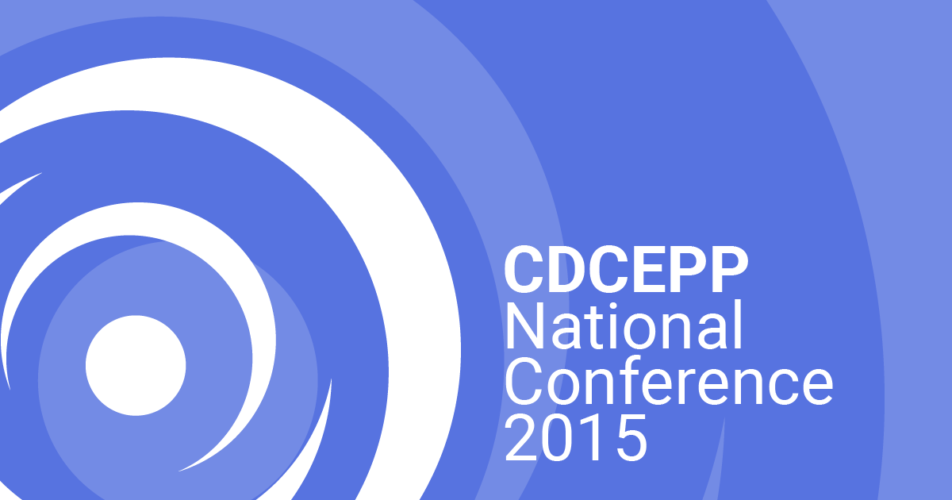
The Consortium of Development Communication Educators & Practitioners in the Philippines will hold its 5th National Conference from 3-5 December 2015 at Central Mindanao University.
CDCEPP is a SEC-registered professional organization of Filipinos who are committed to “promote the ideals of development communication as a field of study and practice which contributes to community development and nation-building through meaningful and relevant communication” and “work together with shared dreams for the nation and recognizing communication as the creative force of community-centred, culturally-sensitive, and process-oriented social change.”
The Association of Southeast Asian Nations (ASEAN), established in 1967, has been a force among member countries in terms of economic and political policies directing trade, finance, labour and education. Under the Initiative for ASEAN Integration (IAI), the ASEAN community aims to narrow the development gap and accelerate economic integration of the newest members.
The ASEAN integration poses a number of challenges, and opportunities in the field of development communication (DevCom), primarily because the convergence of these countries with the aim of narrowing the development gap is the main aim of DevCom. Inclusive development that is sensitive to the cultural diversity of member countries remains an important aspect in development to ensure that policies and programs are relevant and valuable in the conditions of a region with a population of 600 million people.
DevCom plays a role in pushing the development agenda forward, and as such, the 5th National Conference of the Consortium of Development Communication Educators and Practitioners of the Philippines will be titled: “ASEAN Integration: Opportunities and Challenges for Development Communication.”
The national conference shall have the following objectives:
1. To serve as a venue for the exchange of informative ideas and insights on the ASEAN Integration and the current situation in the Philippines;
2. To serve as a forum for consultations regarding challenges to the field of DevCom in the academe and practice; and
3. To provide opportunities for intercultural communication, linkages and fellowship.

